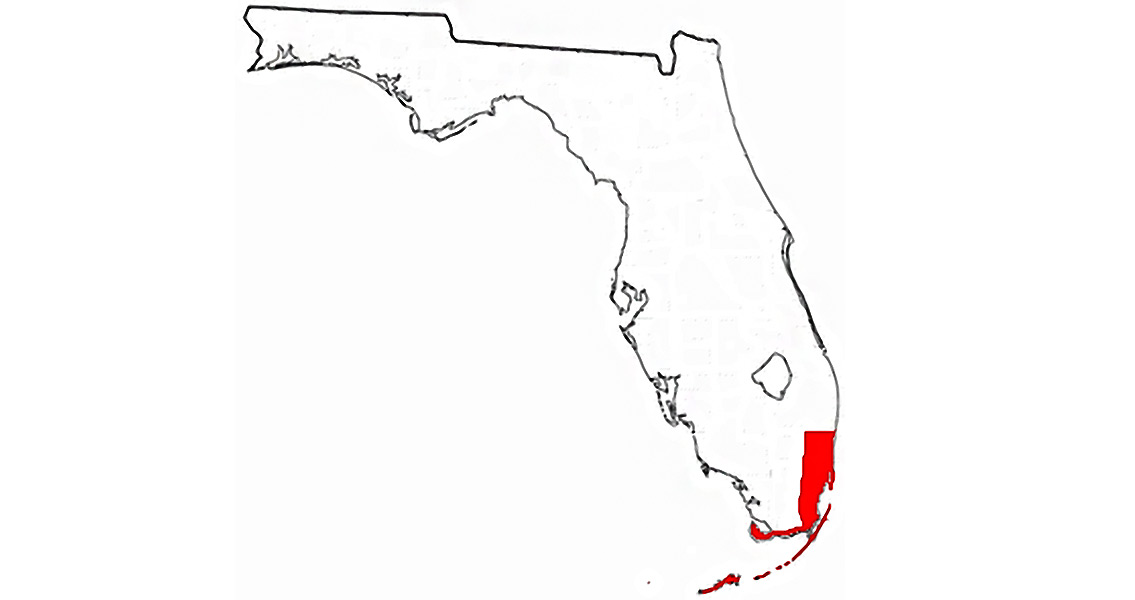<![CDATA[A dig site located in South Florida is in jeopardy thanks to construction efforts for a new high speed passenger rail service to run from Orlando to Miami, a prominent archaeologist has said. In an interview with the Miami Herald, Archaeological and Historical Conservancy executive director Bob Carr says that a work crew that had been tasked with the installation of fiber optic cables for the All Aboard Florida rail system tore up protected grounds related to the Tequesta tribe. The site, which is in close proximity to where the Little River canal meets the Florida East Coast railway, had several artifacts excavated in a haphazard and unsafe manner. Primitive axes and conch shells used by the Tequesta were strewn about the site, Carr remarked, adding that the work doesn’t seem to have been done with the requisite approval from the city of Miami. Carr, who reportedly saw the construction efforts taking place a few weeks ago while driving on Northeast 82nd Street, says he made an attempt to persuade All Aboard Florida to temporarily halt the work they were doing until permits were granted and precautions put in place to prevent the damage or loss of any artifacts. However, it seems as if the work continued unabated, with All Aboard Florida sticking to its 2017 timeline for opening its new Miami to West Palm Beach rail line. In a statement emailed to the Miami Herald from All Aboard Florida, the company stated that it had received all the necessary permissions to continue its work. The rail company said that it would take steps to work with the city of Miami and the Archaeological and Historical Conservancy to ensure the work is monitored in the future to avoid such mistakes. However, Carr feels that a previously issued environmental report from the Federal Railroad Administration that dismissed any possible historical or environmental consequences for the All Aboard Florida Project may not have been accurate. The rough treatment given to these archaeological sites does more than damage these artifacts, it also destroys the ability of modern researchers to learn more about the Tequesta, a tribe that inhabited the region of southeastern Florida before dying out in the mid-1800s. Meanwhile, administrators from the city of Miami and All Aboard Florida maintain that the rail company has its own archaeological consultant that is hard at work reviewing all of the research and approvals that went into the fiber optic work that took place at Little River. In support of this, Miami’s preservation officer Megan Schmitt remarked to the paper that she had no reason to believe that All Aboard Florida didn’t comply with their obligations when it comes to seeking out and securing the proper certificates to conduct work in areas protected for archaeological conservation. Carr remarked that it’s important to protect the region, especially since the amount of information available about the Tequesta is little to none. Image courtesy of Wikimedia Commons user: Dalbury]]>
Railway Work Causing Problems for Florida Dig Site
